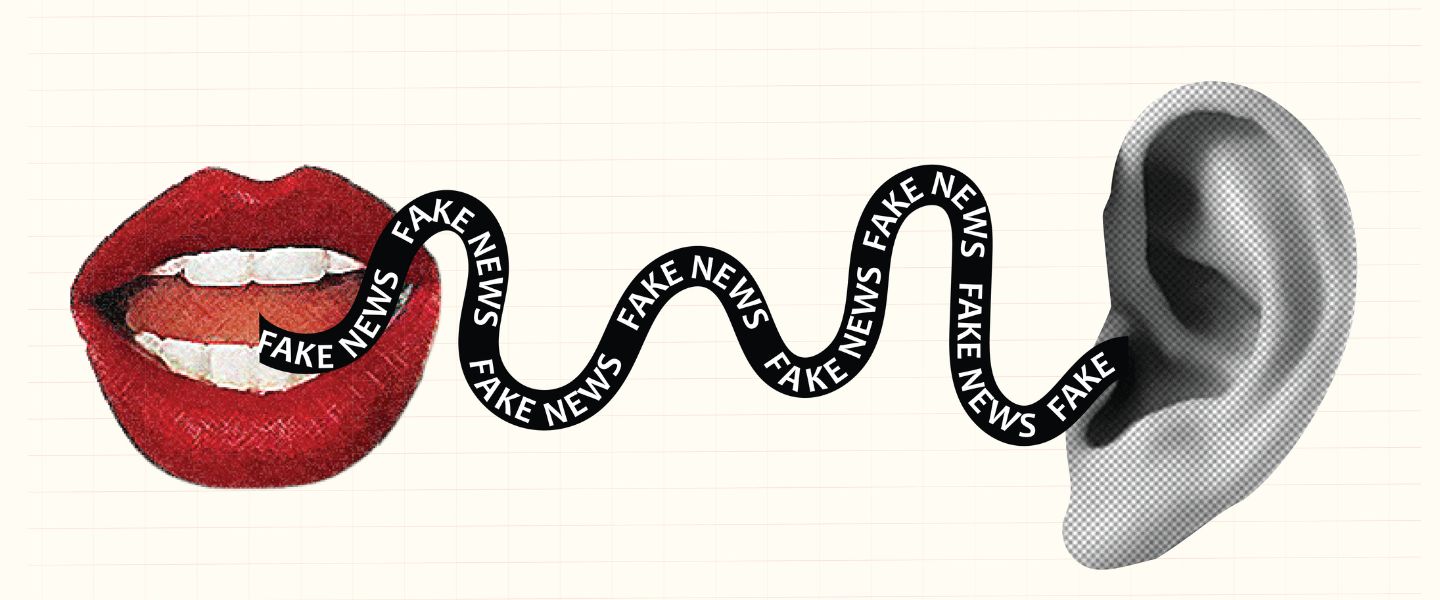
Is it time you went back to beige?
Beige gets a bad rap from brand consultants, but when you’re stressed, it’s hard to think clearly: you need to return to neutral first. To reset your nervous system, try going back...

by Tania Lennon Published December 11, 2024 in Brain Circuits • 2 min read
The first step is to identify which skills are needed to keep ‘performing’ or improving the core existing business while ‘transforming’ by identifying and developing opportunities for creating new revenue streams. This is known as ‘dual transformation.’
CEOs who excel here tend to exhibit optimization and transformation behaviors across all aspects of leadership (strategy, execution, leading people and teams, leading stakeholders, and leading self).
The application of new technology, including game-based assessments and the application of GenAI to assessments, can produce a better candidate experience and richer insights into leadership performance and potential, serving as the basis for progression planning and career development.
New technology offers greater precision and deeper insight for three reasons:
An important element of the development process is that candidates are ‘progressed’ rather than succeeding someone, which implies promotion.
Progression also gives flexibility for the candidate to be developed in different dimensions, rather than only in a linear direction (promotion).
This widens the range of possibilities for development to ensure sufficient breadth of experience, which research has shown to be directly correlated with leaders’ propensity to deploy both optimization and transformation behaviors.
Leaders face a proliferation of responsibilities and expectations to capitalize on economic and market changes while managing in an unstable and evolving geopolitical world. These demands can be met through innovation talent assessment and development strategies to identify, assess, develop, and sustain a pipeline of top talent to future-proof the business.

Executive Director of the Strategic Talent Development initiative
Tania Lennon leads the Strategic Talent team for IMD. She is an expert on future-ready talent development, including innovative assessment methods to maximize the impact of talent development on individual and organizational performance. Lennon is a “pracademic”, blending a strong research orientation with evidence-based practice in talent development and assessment.

5 hours ago • by Francesca-Giulia Mereu in Brain Circuits
Beige gets a bad rap from brand consultants, but when you’re stressed, it’s hard to think clearly: you need to return to neutral first. To reset your nervous system, try going back...

February 11, 2026 • by Stefan Michel in Brain Circuits
Drawing on his recent IMD podcast with Amar Bhidé, IMD Professor of Management Stefan Michel debunks longstanding misconceptions about entrepreneurship....

February 10, 2026 • by Susanne May in Brain Circuits
Forget everything you’ve heard about genius CEOs, intuition, and heroic decision-making, says Susanne May – use Jensen Huang’s radical leadership of Nvidia as a blueprint to succeed in the AI era....

February 5, 2026 • by Michael D. Watkins in Brain Circuits
AI can do plenty in terms of learning and skills development – but educators and talent leaders also need to understand what AI tools should not be used for. ...
Explore first person business intelligence from top minds curated for a global executive audience